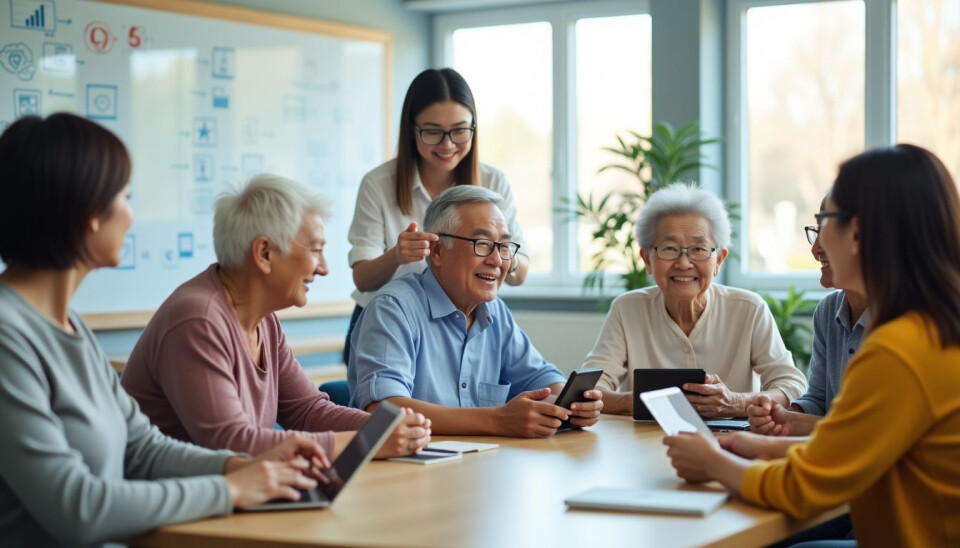
Seoul, South Korea – The aging population in South Korea has led to a surge in "elder-to-elder" inheritances, raising concerns about its potential to stifle economic growth. As life expectancy increases, more and more elderly parents are passing down their assets to their elderly children, often in the form of illiquid real estate.
A Growing Trend
Statistics reveal a dramatic increase in the value of inheritances received by individuals aged 80 and above. In 2022, the total value of such inheritances reached a staggering 20.32 trillion won (approximately US$15 billion), more than triple the figure from five years ago. A significant portion of these inherited assets consists of real estate, limiting their liquidity and hindering their contribution to economic activity.
Economic Stagnation
The concentration of wealth in the hands of the elderly is concerning, as it can lead to reduced consumption and investment. With a large portion of the population nearing retirement age, the flow of wealth to younger generations has slowed down, potentially dampening economic growth.
Government Initiatives
In response to this growing issue, the South Korean government is exploring various policy options. One significant measure is the proposed amendment to the inheritance and gift tax law. The revised law aims to reduce the top inheritance tax rate from 50% to 40% and increase the tax-free threshold. Additionally, the Financial Services Commission is considering expanding the eligibility criteria for reverse mortgages, making it easier for elderly homeowners to access their home equity.
Reverse Mortgages: A Solution?
Reverse mortgages allow homeowners aged 60 and above to receive regular payments based on the value of their home. The government is exploring ways to make this financial product more accessible, such as allowing reverse mortgages to be used for purposes like paying reconstruction fees or settling business loans. This move is expected to enhance the liquidity of elderly homeowners' assets and provide them with a steady income stream.
Expanding Coverage
The number of reverse mortgage subscribers has been steadily increasing, reaching 132,294 as of September 2024. However, the government aims to further expand the program by relaxing eligibility requirements and raising the maximum loan-to-value ratio.
Challenges Ahead
While these policy changes are expected to alleviate some of the economic pressures caused by aging populations, experts caution that addressing the issue of elder-to-elder inheritances requires a comprehensive approach. Factors such as cultural attitudes towards wealth and inheritance, as well as the structure of the real estate market, also play a significant role.
Conclusion
The aging population in South Korea presents unique challenges, and the surge in elder-to-elder inheritances is just one aspect of this complex issue. By implementing policy reforms such as tax cuts and expanding the availability of reverse mortgages, the government aims to promote intergenerational wealth transfer and stimulate economic growth. However, the long-term success of these initiatives will depend on various factors, including the willingness of elderly homeowners to utilize these financial tools and the overall health of the economy.
[Copyright (c) Global Economic Times. All Rights Reserved.]






























